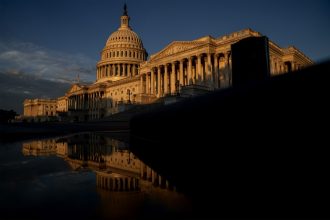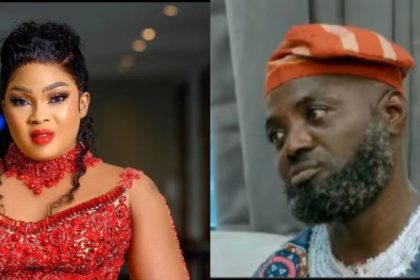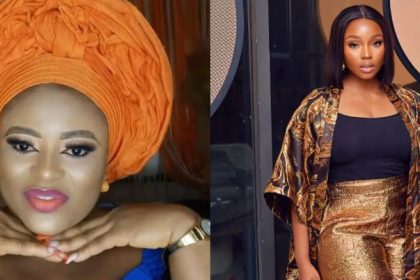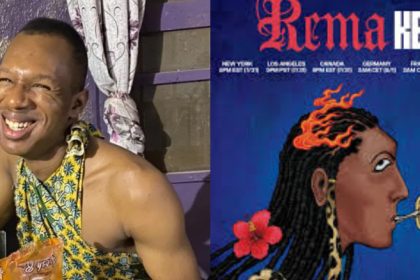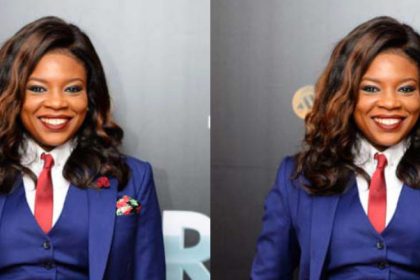Veteran Nigerian music star, Alexander Adegbola Akande, popularly known as 9ice, has stirred nationwide debate following a bold spiritual claim about the Nigerian and global music industry.
Speaking on The Nancy Isime Show, the Gongo Aso hitmaker made a controversial statement, declaring that the music industry is spiritually dominated by dark forces. According to him, artists are often unknowingly influenced by the devil, whom he described as the “choirmaster.”
“The devil controls music. Devil is the choirmaster. That’s why we smoke and do all the things we do,” he said.
9ice Warns Aspiring Musicians to Be Spiritually Aware
During the interview, 9ice emphasized that music carries powerful spiritual energy, and anyone entering the industry must do so with full awareness of its spiritual implications.
He cautioned upcoming artists to be spiritually grounded, especially as they step into the limelight and deal with fame, pressure, and temptation.
“Music generally is controlled by the devil. If you’re coming to this industry, understand where you’re coming to,” he advised.
This statement has since gone viral on Nigerian social media platforms, sparking intense arguments over whether his claims are metaphorical or based on real spiritual experiences.
9ice Claims First-Hand Spiritual Experience
Unlike others who may make similar statements for sensational purposes, 9ice insists his claim is based on personal encounters with spiritual forces in the entertainment space.
“I’m not lying to you. He [the devil] is the most powerful angel. I’m speaking based on knowledge and what I’ve experienced spiritually,” he stated.
This revelation gives insight into the inner battles many artists may face behind the scenes struggles often masked by glamour, luxury, and public adoration.
The Hidden Side of the Music Industry
While many view the music industry as a pathway to fame and fortune, insiders like 9ice suggest there’s a deeper, often unspoken spiritual cost involved:
Pressure to conform to certain lifestyles
Substance use and addiction
Loss of personal identity and values
Unexplained emotional and mental struggles
This is not the first time a celebrity has linked fame and music to spiritual influence. However, 9ice’s boldness in saying it openly has reignited conversation around spirituality in entertainment.
Watch the video below …
Reactions from Fans and the Music Community
Nigerians are divided over 9ice’s comments. While some fans have applauded his bravery and honesty, others believe he may be exaggerating or projecting his personal experiences.
Some artists and pastors have also weighed in, with a few echoing his warnings and others calling for more balanced perspectives.
What Upcoming Nigerian Artists Should Learn
Regardless of one’s belief system, there are key takeaways for rising artists in Nigeria and across Africa:
1. Stay Spiritually Grounded
Whether Christian, Muslim, or traditionalist, having spiritual backing and moral compass is essential when navigating fame and the spotlight.
2. Understand the Industry Beyond the Surface
The entertainment industry is fast-paced and competitive. Young talents should be mentally and emotionally prepared before diving in.
3. Set Clear Values and Boundaries
Fame often comes with pressure to change. Having personal values helps in avoiding destructive habits and toxic influences.
4. Seek Mentorship and Support
Having older, experienced figures in the industry as guides can be the difference between thriving and crashing under pressure.
Final Thoughts – Is 9ice Right?
9ice’s assertion that the devil controls music might not sit well with everyone, but it does raise important spiritual and moral questions about the entertainment landscape.
In a country like Nigeria, where faith and belief systems are deeply rooted, his comments remind us that there’s more to music than just beats and lyrics, there’s a spiritual layer that artists must reckon with.
While opinions may differ, one thing is certain: 9ice’s statement has sparked necessary conversations on spiritual awareness, self-discipline, and the mental health of creatives in the music industry.



